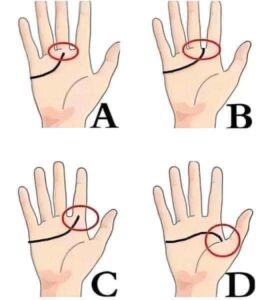In a world where understanding oneself and others can lead to greater personal and professional success, the Myers-Briggs Type Indicator (MBTI) personality test has become a popular tool. Developed by Katharine Cook Briggs and her daughter Isabel Briggs Myers, the MBTI helps individuals uncover their personality type out of 16 distinct types. This understanding can enhance self-awareness, improve relationships, and guide career choices.
What is the MBTI?
The MBTI is based on Carl Jung’s theory of psychological types. It categorizes people into 16 different personality types based on four dichotomies:
Extraversion (E) vs. Introversion (I): This dichotomy describes how individuals gain energy. Extraverts are energized by interacting with others, while introverts recharge by spending time alone.
Sensing (S) vs. Intuition (N): This dimension focuses on how people perceive information. Sensors rely on concrete, factual information, whereas intuitives look at patterns and possibilities.
Thinking (T) vs. Feeling (F): This pair explains how people make decisions. Thinkers base decisions on logic and objective criteria, while feelers consider personal values and how decisions will affect others.
Judging (J) vs. Perceiving (P): This dichotomy highlights one’s approach to structure and planning. Judgers prefer a planned and organized lifestyle, while perceivers are more flexible and spontaneous.
By answering a series of questions, the MBTI identifies which side of each dichotomy a person prefers, resulting in a four-letter personality type (e.g., INFP, ESTJ).
The 16 Personality Types
Each of the 16 MBTI personality types offers a unique blend of characteristics. Here is a brief overview:





